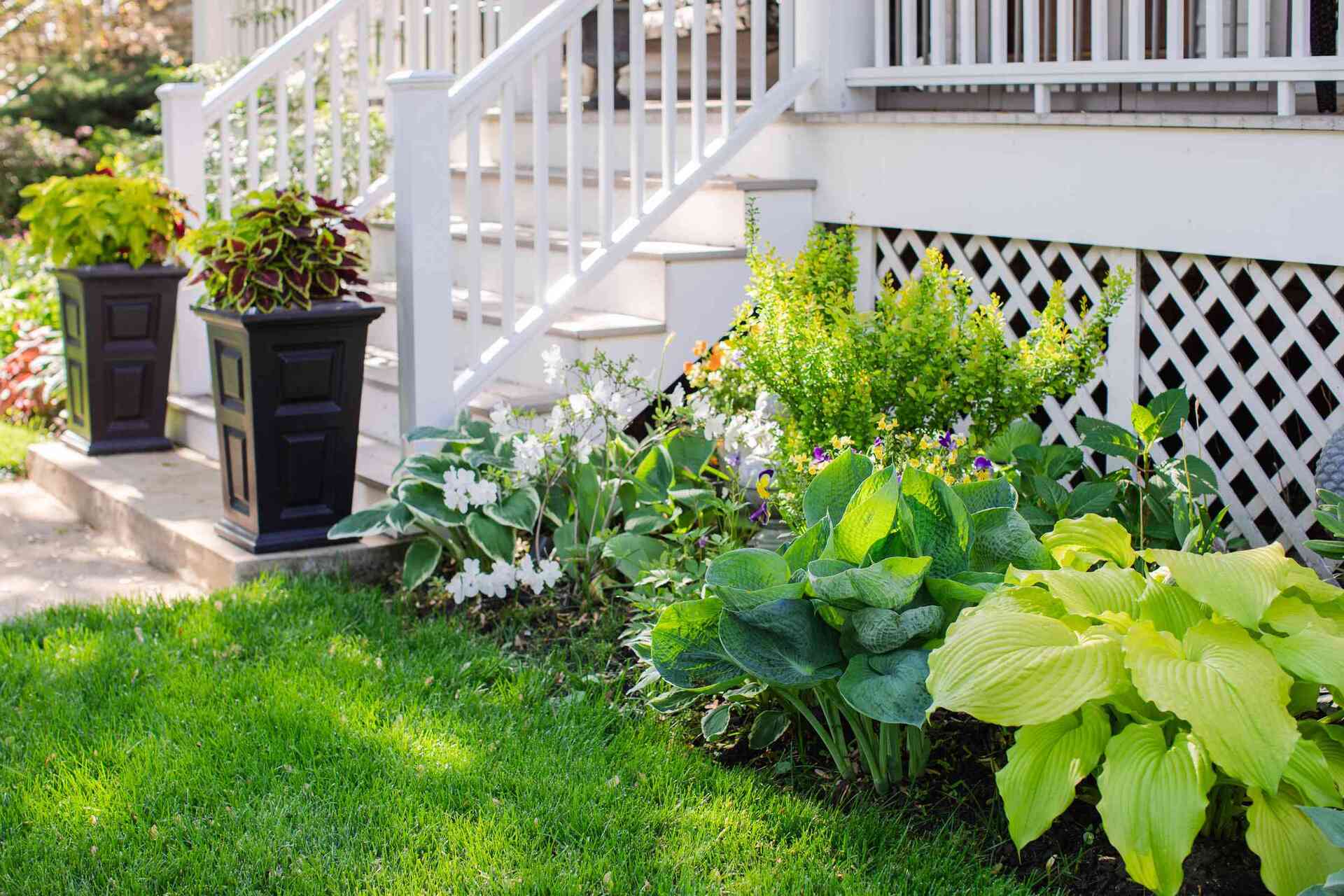

Articles
Why Are There Slugs On My Porch
Modified: May 6, 2024
Discover the articles explaining the presence of slugs on your porch and learn how to effectively get rid of them.
(Many of the links in this article redirect to a specific reviewed product. Your purchase of these products through affiliate links helps to generate commission for Storables.com, at no extra cost. Learn more)
Introduction
Have you ever stepped onto your porch, only to find a slimy trail of slugs? If so, you’re not alone. Slugs can be a common and frustrating problem for homeowners, leaving behind a mess and potentially damaging plants. But why are there slugs on your porch in the first place? In this article, we’ll explore the reasons behind the presence of slugs on porches and provide effective solutions to keep them at bay.
Slugs are soft-bodied mollusks that are part of the gastropod family. They are similar to snails but lack a visible external shell. Slugs are most active during humid and damp conditions, making them particularly drawn to areas such as porches that retain moisture. Their presence on your porch can be attributed to a combination of factors, including their search for food, shelter, and favorable environmental conditions.
There are several common causes for slugs finding their way onto your porch. One reason is the availability of food sources. Slugs are herbivores, feeding on a variety of plants, vegetables, and fruits. If you have vegetation or garden beds near your porch, the slugs may be attracted to the nearby food source.
Another factor that can attract slugs to your porch is the presence of moisture. Slugs thrive in moist habitats and are less active during dry conditions. Porches that have poor drainage or are located in areas with high humidity levels are more likely to become a slug magnet.
Furthermore, structures and materials used in porch construction can also contribute to slug infestation. Slugs are skilled at squeezing through tiny cracks and gaps, allowing them easy access onto your porch. Additionally, certain materials such as wood and stone can retain moisture, creating an inviting environment for slugs.
In the upcoming sections, we will discuss in more detail the environmental factors that attract slugs to porches and explore effective ways to control and prevent slug infestation. By implementing the proper techniques and being proactive in addressing the issue, you can keep those slimy pests from taking over your porch.
Key Takeaways:
- Slugs are attracted to porches due to food sources, moisture, and shelter. Implementing physical barriers, natural remedies, and regular maintenance can effectively control and prevent slug infestations.
- Eco-friendly methods such as coffee grounds, eggshells, and garlic sprays can deter slugs, while commercial products like barrier tapes and traps offer convenient solutions. Prevention and proactive measures are essential in keeping slugs off your porch.
Read more: Why Is My Porch Light Flickering
Understanding Slugs
To effectively control and prevent slugs on your porch, it’s crucial to understand their behavior and characteristics. Slugs are fascinating creatures that play a role in the ecosystem, but they can also become a nuisance when they invade your living space.
Slugs are soft-bodied mollusks that belong to the class Gastropoda. They are invertebrates and do not possess a hard external shell like their snail relatives. Instead, slugs have a fleshy body that allows them to squeeze through narrow openings and navigate various surfaces.
These slimy creatures are most active during the night and seek shelter during the day to avoid drying out in the sun. They have a keen sense of smell and touch, using their specialized tentacles to detect food and navigate their surroundings.
Slugs are herbivores, feeding on a wide range of plant materials. They leave behind a distinctive trail of slime as they move, which helps them glide over rough surfaces. This slime also acts as a protective barrier, helping them retain moisture and navigate challenging terrain.
Reproduction among slugs is usually a simultaneous exchange of sperm between two individuals. However, they are also capable of self-fertilization, allowing them to reproduce and multiply rapidly in favorable conditions. Slugs lay their eggs in moist soil or hidden crevices, creating a new generation of slugs that can populate your porch if left unchecked.
Slugs are attracted to moisture and cool temperatures, making them prevalent during rainy seasons or in areas with high humidity. They prefer environments with a moderate temperature range of around 50-70 degrees Fahrenheit. As a result, porches with poor drainage, excessive moisture build-up, or shaded areas can become ideal habitats for slugs.
It’s important to note that not all slugs are harmful or destructive. Some species do not cause significant damage to plants and are even considered beneficial in certain ecosystems. However, when slugs invade your porch and start wreaking havoc on your garden or leaving unsightly trails, it becomes necessary to take action and implement effective control measures.
Now that we have a basic understanding of slugs and their characteristics, let’s explore the common causes of slugs on porches and how to address the issue effectively.
Common Causes of Slugs on Porches
Slugs are known for their ability to find their way onto porches, leaving homeowners wondering how they got there in the first place. Understanding the common causes of slugs on porches can help you address the issue more effectively and prevent their return.
1. Food sources: Slugs are herbivores and are attracted to a variety of plants and vegetation. If your porch is adjacent to a garden or has potted plants nearby, the presence of food sources can lure slugs onto your porch. They may feed on your flowers, vegetables, or ornamental plants, leaving behind significant damage.
2. Moisture and humidity: Slugs thrive in moist environments and are more active during humid conditions. Porches that have poor drainage or are located in areas with high humidity levels can provide the ideal conditions for slugs to thrive. Water accumulation on the porch, leaky pipes, or even excessive sprinkler usage can contribute to dampness and attract slugs.
3. Shelter and hiding spots: Slugs prefer dark and protected areas during the day to avoid drying out in the sun. Porches that offer ample hiding spots such as gaps in wooden structures, under pots, or in damp corners create a favorable habitat for slugs. They can easily hide during the day and emerge at night to feed.
4. Attractive surfaces and materials: Some porch surfaces and materials can be more attractive to slugs than others. Porous materials like wood, as well as stone and concrete that retain moisture, provide an inviting environment for slugs. They can crawl through small cracks and gaps in these materials, gaining easy access to your porch.
5. Nearby habitats: If your porch is close to natural habitats like wooded areas or gardens, slugs may naturally make their way onto your porch. They can travel from these habitats in search of food, moisture, or favorable conditions. Additionally, neighboring yards or properties with slug problems can also contribute to the presence of slugs on your porch.
By identifying and addressing these common causes, you can take proactive measures to minimize the presence of slugs on your porch. In the next section, we will explore effective ways to control slugs and prevent their invasion on your porch.
Environmental Factors Attracting Slugs
Slugs are drawn to environments that offer ideal conditions for their survival and reproduction. Understanding the environmental factors that attract slugs can help you identify potential problem areas on your porch and take appropriate measures to deter them.
1. Moisture: Slugs thrive in moist environments and require a certain level of moisture to survive. Porches with poor drainage or areas where water accumulates are more likely to attract slugs. This includes areas with dripping faucets, leaking pipes, or even excessive sprinkler usage that keeps the porch damp.
2. Humidity: Slugs are most active during humid weather conditions. Porches located in areas with high humidity levels can create an ideal environment for slugs to thrive. If your porch is naturally shaded or surrounded by trees that create a damp and humid microclimate, it can become a haven for slugs.
3. Vegetation and food sources: Slugs are herbivores and are attracted to a wide range of plant materials. If your porch is surrounded by lush vegetation or you have potted plants in the vicinity, it can act as a magnet for slugs. They will feed on the leaves, flowers, and fruits, causing damage to your plants.
4. Warm temperatures: Slugs are most active in temperatures between 50 to 70 degrees Fahrenheit. Porches that provide a comfortable temperature range can encourage slug activity. During cooler nights or mild seasons, slugs may be more active and readily present on your porch.
5. Shelter and hiding spots: Slugs seek shelter during the day to avoid drying out and to protect themselves from predators. Porches that offer ample hiding spots, such as gaps in wooden structures, under pots, or in damp corners, provide a haven for slugs to hide. They can easily retreat during the day and emerge at night to feed.
6. Nearby habitats: The proximity of your porch to natural habitats like gardens, wooded areas, or neighboring yards can impact slug presence. If these habitats have high slug populations, it increases the likelihood of slugs finding their way onto your porch. Slugs can travel from these areas in search of food, moisture, or favorable conditions.
Being aware of these environmental factors can help you proactively address slug infestation on your porch. In the next section, we will explore effective ways to control slugs and prevent their presence on your porch.
To deter slugs from your porch, try using natural repellents like coffee grounds, crushed eggshells, or a barrier of copper tape. These can help keep slugs away without using harmful chemicals.
Effective Ways to Control Slugs on Porches
Dealing with slugs on your porch can be frustrating, but there are effective methods to control their presence and minimize damage to your plants. Here are some tried-and-tested ways to deter and control slugs:
1. Remove food sources: Slugs are attracted to vegetation, so removing or relocating plants near your porch can help reduce slug activity. If you want to keep plants on your porch, consider using containers with smooth surfaces and raised stands to make it more difficult for slugs to reach them.
2. Create a barrier: Physical barriers can effectively prevent slugs from crawling onto your porch. Place copper tape or diatomaceous earth around the perimeter of your porch or individual pots. Copper tape creates a mild electrical charge that deters slugs, while diatomaceous earth acts as a desiccant, causing the slugs’ bodies to dry out.
3. Install slug traps: Set up slug traps, such as shallow dishes filled with beer or a mixture of yeast and sugar water. Slugs are attracted to the yeast or fermented smell and will crawl into the dish, where they will drown. Empty and refill the traps regularly to maintain their effectiveness.
4. Use physical barriers: If your porch is raised or has openings, consider screening or meshing these areas to prevent slugs from crawling up onto your porch. Ensure there are no gaps or cracks that slugs can squeeze through, and repair any areas of damage or decay in the porch structure.
5. Manual removal: Hand-picking slugs off your porch can be labor-intensive, but it can also be an effective way to manage their population. Check your porch during the early morning or evening hours when slugs are most active. Wear gloves and dispose of collected slugs in a sealed bag or container.
6. Encourage natural predators: Introduce slug predators to your porch area. Certain birds, such as ducks or chickens, can help control slug populations. Additionally, creating a wildlife-friendly garden with native plants and providing shelter for beneficial insects like ground beetles can attract natural slug predators.
7. Maintain a dry environment: Reduce areas of moisture and humidity on your porch to discourage slug activity. Ensure proper drainage to prevent water accumulation, fix any leaks, and minimize sprinkler use. Regularly sweep away debris and leaves, as these can create damp areas that slugs find attractive.
Remember, implementing a combination of these methods will yield the best results. It is also important to regularly monitor your porch for signs of slug activity and adjust your control measures as needed. By being proactive in your approach, you can effectively control slugs on your porch and prevent further damage to your plants.
Read more: Why Are There So Many Flies On My Porch
Natural Remedies for Slug Prevention
If you prefer to take an eco-friendly approach to slug control on your porch, there are several natural remedies that can help deter slugs and minimize their presence. Here are some effective natural methods for slug prevention:
1. Coffee grounds: Sprinkling used coffee grounds around your porch can deter slugs due to their high caffeine content. Slugs are sensitive to caffeine and will avoid areas where it is present. Reapply the coffee grounds regularly, especially after rain, to maintain their effectiveness.
2. Eggshells: Crushed eggshells can create a sharp and abrasive barrier that slugs do not like to crawl over. Spread crushed eggshells around your porch plants or create a barrier around the perimeter. This natural deterrent can also provide added nutrients to the soil as they break down over time.
3. Copper barriers: Slugs are repelled by copper due to its mild electrical charge. Create a copper barrier around your porch by using copper tape or copper wire. Slugs will avoid crawling over the copper, as it creates an unpleasant sensation for them. Ensure the copper is in direct contact with the ground to be effective.
4. Salt: Salt is a powerful deterrent for slugs, but it should be used with caution as it can also harm plants. Sprinkling a thin line of salt around your porch or placing salt barriers can deter slugs from crossing. However, be mindful of nearby plants, as excessive salt can damage their roots and foliage.
5. Garlic and onion spray: Create a spray by blending garlic cloves or onions with water and straining the mixture. The strong smell of garlic and onions acts as a repellent for slugs. Spray this mixture on and around your porch plants to deter slugs from feeding on them.
6. Slug-resistant plants: Choose plants that are less appealing to slugs and more resistant to their feeding. Plants with rough or hairy leaves, such as geraniums, marigolds, and ferns, are less likely to be targeted. Additionally, plants with strong smells, like lavender or rosemary, can also deter slugs.
7. Beer traps: Set up beer traps by sinking shallow dishes or containers into the ground near your porch. Fill them with beer, which attracts slugs. The slugs will crawl into the containers and drown. Regularly empty and refill the traps to maintain their effectiveness.
It’s important to note that while these natural remedies can help deter slugs, they may not completely eliminate the problem. It is always beneficial to combine natural solutions with other control methods for optimal results.
By implementing these natural remedies, you can create a less favorable environment for slugs on your porch and minimize their impact on your plants and outdoor space.
Commercial Slug Control Products
If natural remedies or DIY methods have not been effective in controlling slugs on your porch, or if you prefer a more convenient solution, there are several commercial slug control products available in the market. These products are specifically formulated to target and eliminate slugs. Here are some commonly used commercial slug control options:
1. Slug pellets: Slug pellets are a popular choice for slug control. These pellets contain chemical ingredients that are toxic to slugs when ingested. They can be scattered around your porch or applied directly to areas of slug activity. It’s important to follow the instructions carefully, as some pellets may be harmful to pets or other wildlife.
2. Slug barrier tapes: Slug barrier tapes are adhesive strips coated with a non-drying glue or sticky substance. These tapes can be applied around pots, containers, or surfaces to create a physical barrier that slugs cannot cross. They are effective in preventing slugs from climbing up onto your porch and can be a convenient and mess-free option for control.
3. Slug traps: Commercial slug traps are designed to attract and capture slugs efficiently. These traps can be filled with bait or a lure that attracts slugs, such as a pellet or food-based attractant. Slugs enter the trap and are unable to escape. Regularly empty the trap and dispose of captured slugs according to the product instructions.
4. Slug repellent sprays: There are commercially available slug repellent sprays that can deter slugs from certain areas of your porch. These sprays typically contain ingredients such as natural oils or bitter substances that create an unpleasant taste or smell for slugs. Regular application is necessary to maintain the effect.
5. Biological controls: Some commercial products utilize biological control methods to target slugs. These may include nematodes, which are microscopic organisms that infect and kill slugs. Nematodes can be applied to your porch soil or mixed with water and sprayed onto affected areas. They are considered safe for pets, wildlife, and humans.
When using commercial slug control products, it’s essential to carefully read and follow the instructions provided by the manufacturer. Be mindful of any potential hazards or risks associated with the product and take necessary precautions to protect yourself, others, and the environment.
Remember that commercial slug control products should be used as part of an integrated pest management approach, along with other preventive measures, to effectively control slugs on your porch.
Before making a purchase, consider researching and reading reviews on the effectiveness and safety of the product. It’s always beneficial to choose products that are environmentally friendly and have minimal impact on beneficial insects and wildlife.
By using commercial slug control products judiciously and in conjunction with other strategies, you can effectively manage slug infestations and maintain a slug-free porch.
Conclusion
Dealing with slugs on your porch can be a frustrating and unsightly problem, but by understanding the reasons behind their presence and implementing effective control measures, you can keep these slimy pests at bay.
Slugs are drawn to porches for various reasons, including the availability of food sources, moisture and humidity levels, attractive surfaces, and nearby habitats. By addressing these common causes, such as removing food sources, improving drainage, and sealing gaps, you can minimize the appeal of your porch to slugs.
Implementing effective control measures is crucial in managing slug populations. There are various methods available, including physical barriers, traps, natural remedies, and commercial slug control products. Combining these strategies with regular monitoring and maintenance will significantly reduce slug activity on your porch.
If you prefer an eco-friendly approach, natural remedies such as coffee grounds, eggshells, garlic and onion sprays, and slug-resistant plants can help deter slugs without the use of chemicals. However, if natural remedies prove insufficient, there are commercial slug control products available, including pellets, barrier tapes, traps, and biological controls.
Remember, prevention is key. Maintaining a dry environment, practicing good garden hygiene, and minimizing slug-attracting factors can help prevent slug infestations on your porch in the first place. Regularly inspecting your porch for signs of slugs and taking immediate action can address the issue before it escalates.
In conclusion, by understanding the behavior of slugs, implementing effective control measures, and taking preventative steps, you can successfully keep slugs off your porch. With a little effort and persistence, you can create a slug-free environment that allows you to enjoy your porch without the nuisance and damage caused by these slimy intruders.
Now that you've got a handle on managing slugs, why not tackle other nuisances around your home? For those battling unwanted visitors in the kitchen, our guide on eliminating pantry moths offers expert pest control advice. Garden enthusiasts will appreciate strategies for keeping squirrels and rabbits at bay, ensuring plants thrive without interference. Don't forget regular upkeep; our comprehensive checklist on home maintenance ensures your living space remains in tip-top shape year-round. Dive into these resources to keep your home and garden pest-free and polished.
Frequently Asked Questions about Why Are There Slugs On My Porch
Was this page helpful?
At Storables.com, we guarantee accurate and reliable information. Our content, validated by Expert Board Contributors, is crafted following stringent Editorial Policies. We're committed to providing you with well-researched, expert-backed insights for all your informational needs.
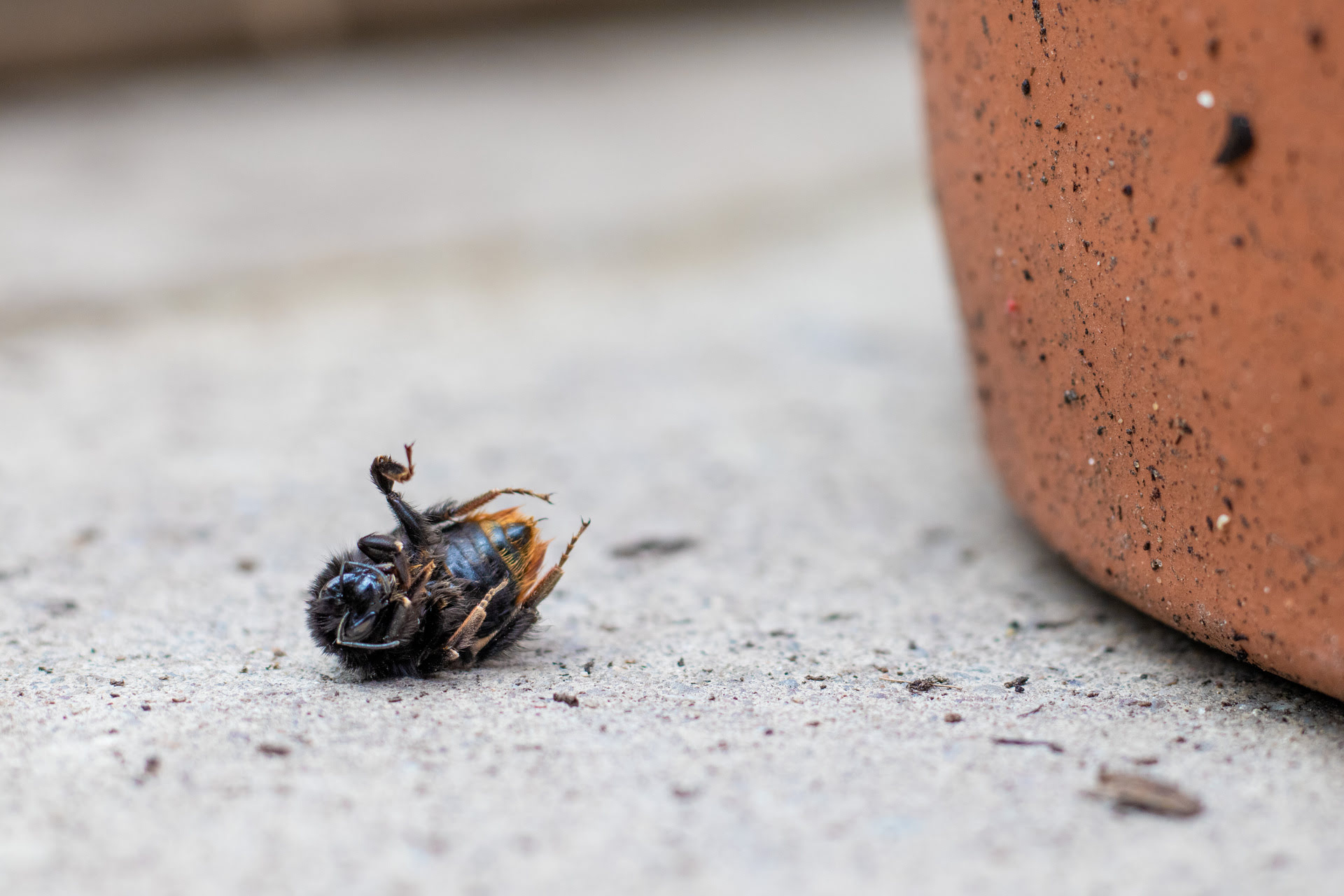
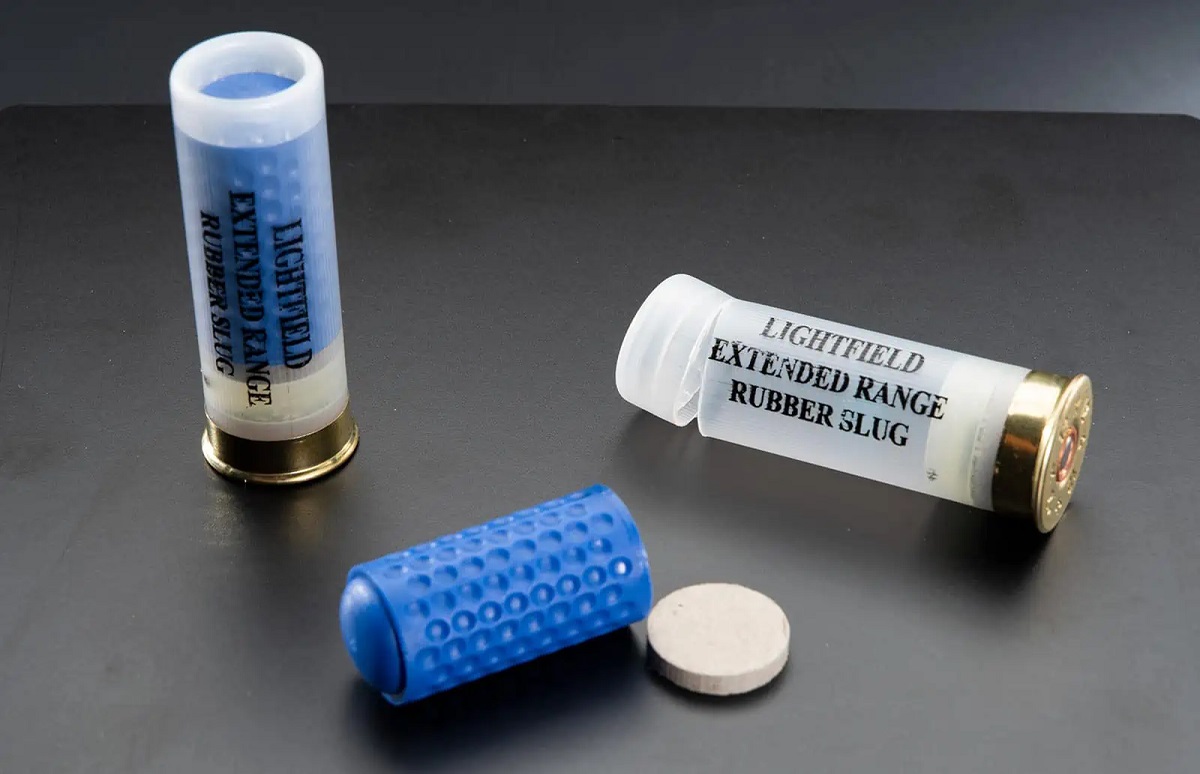
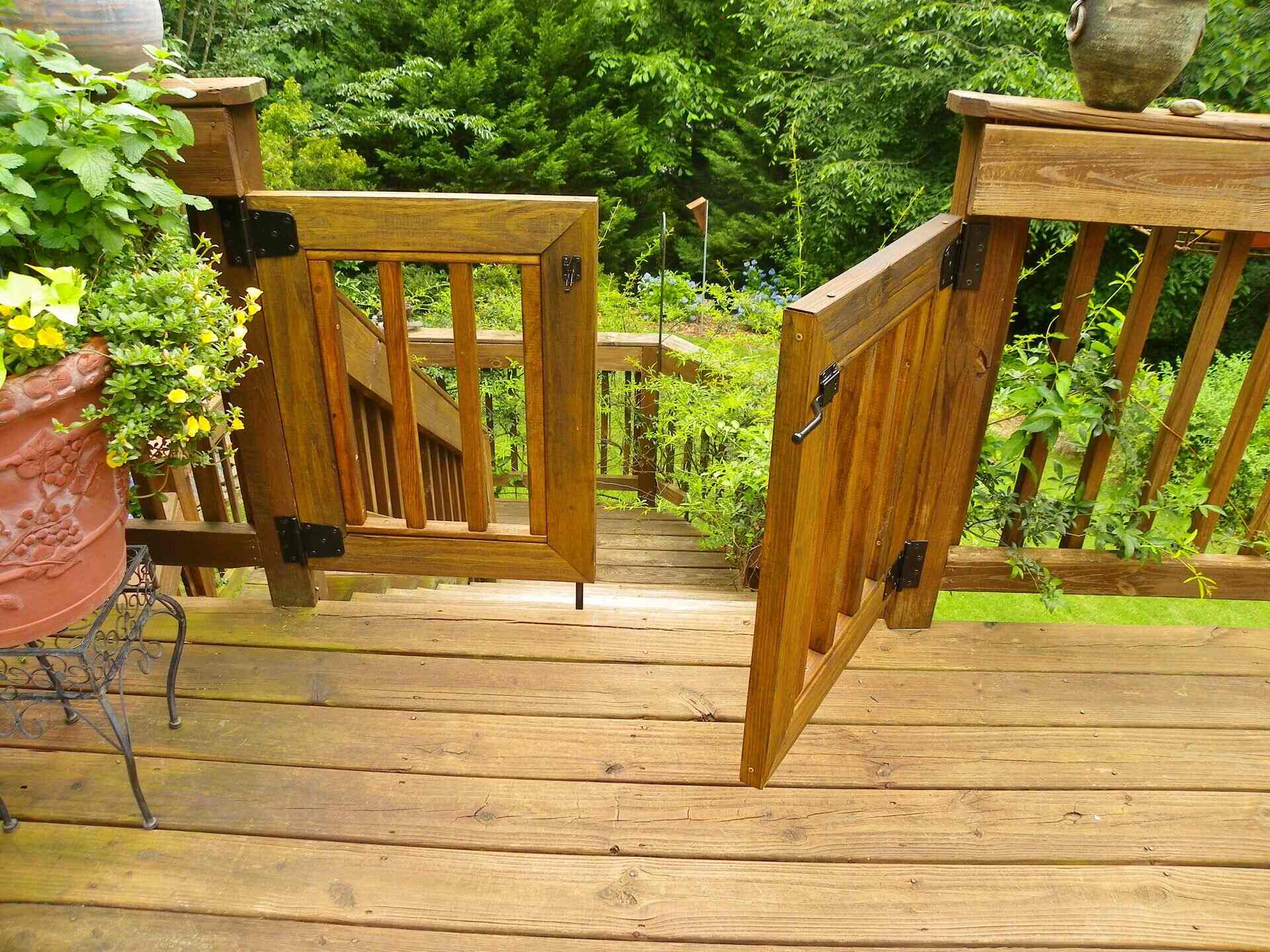
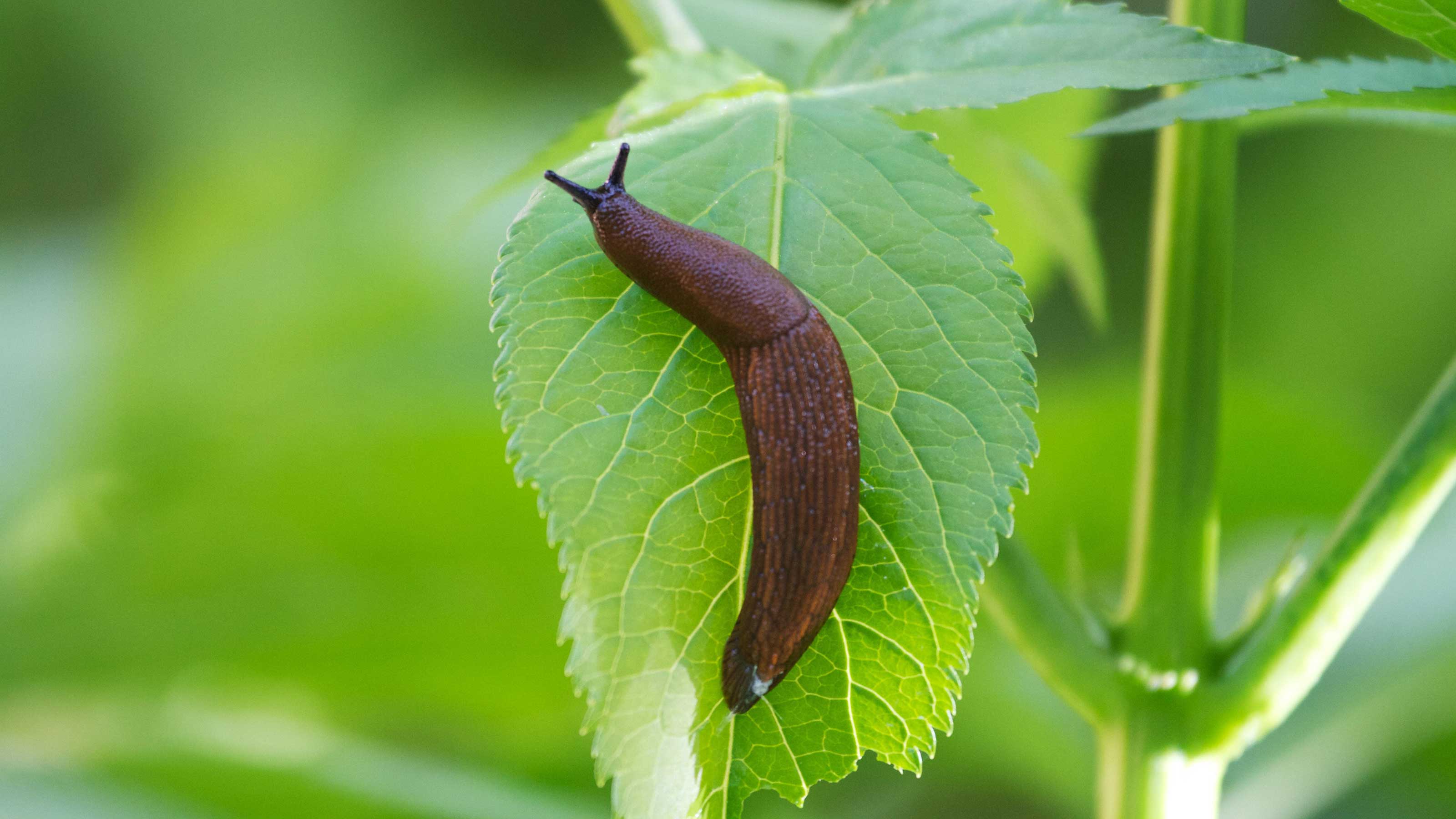
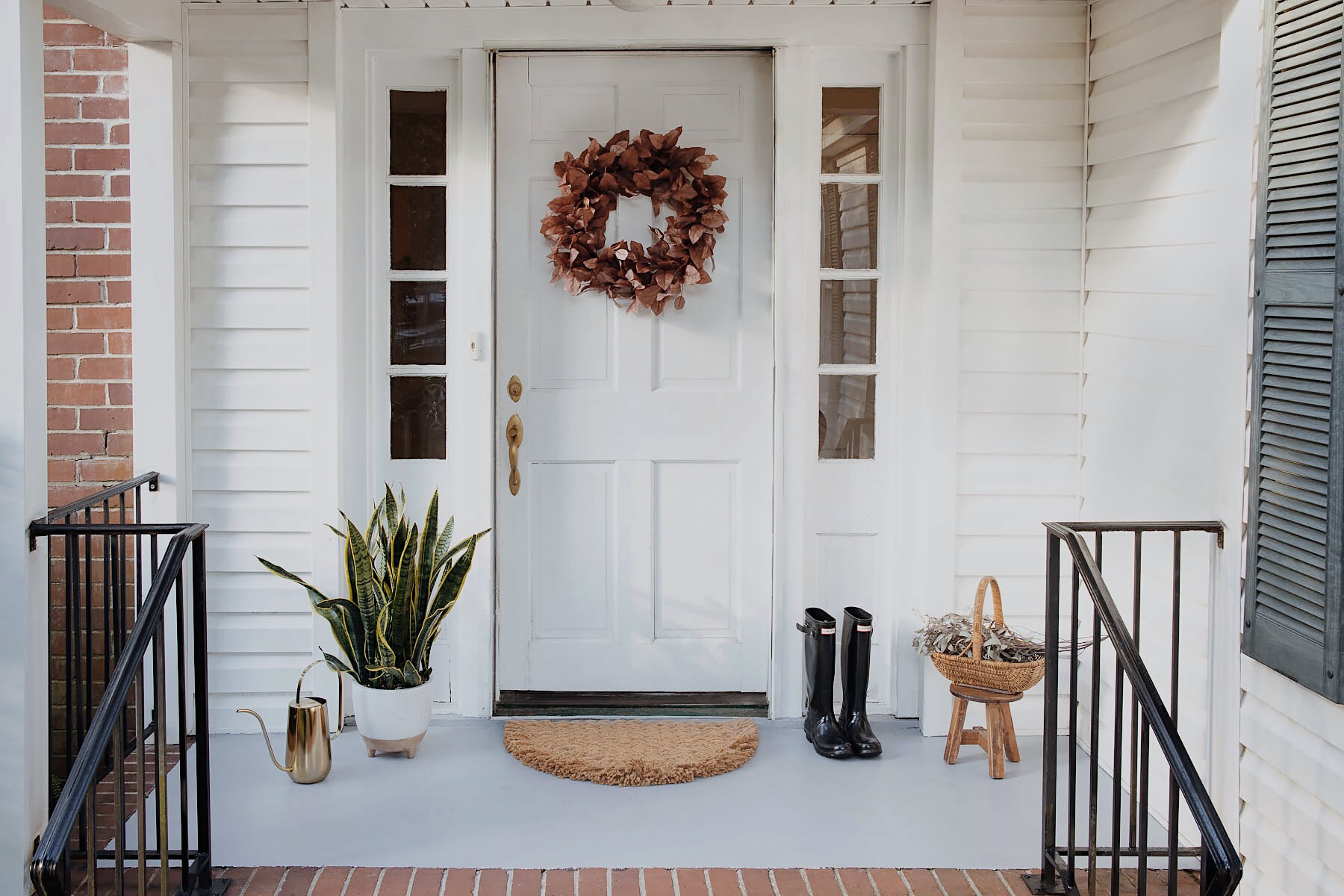
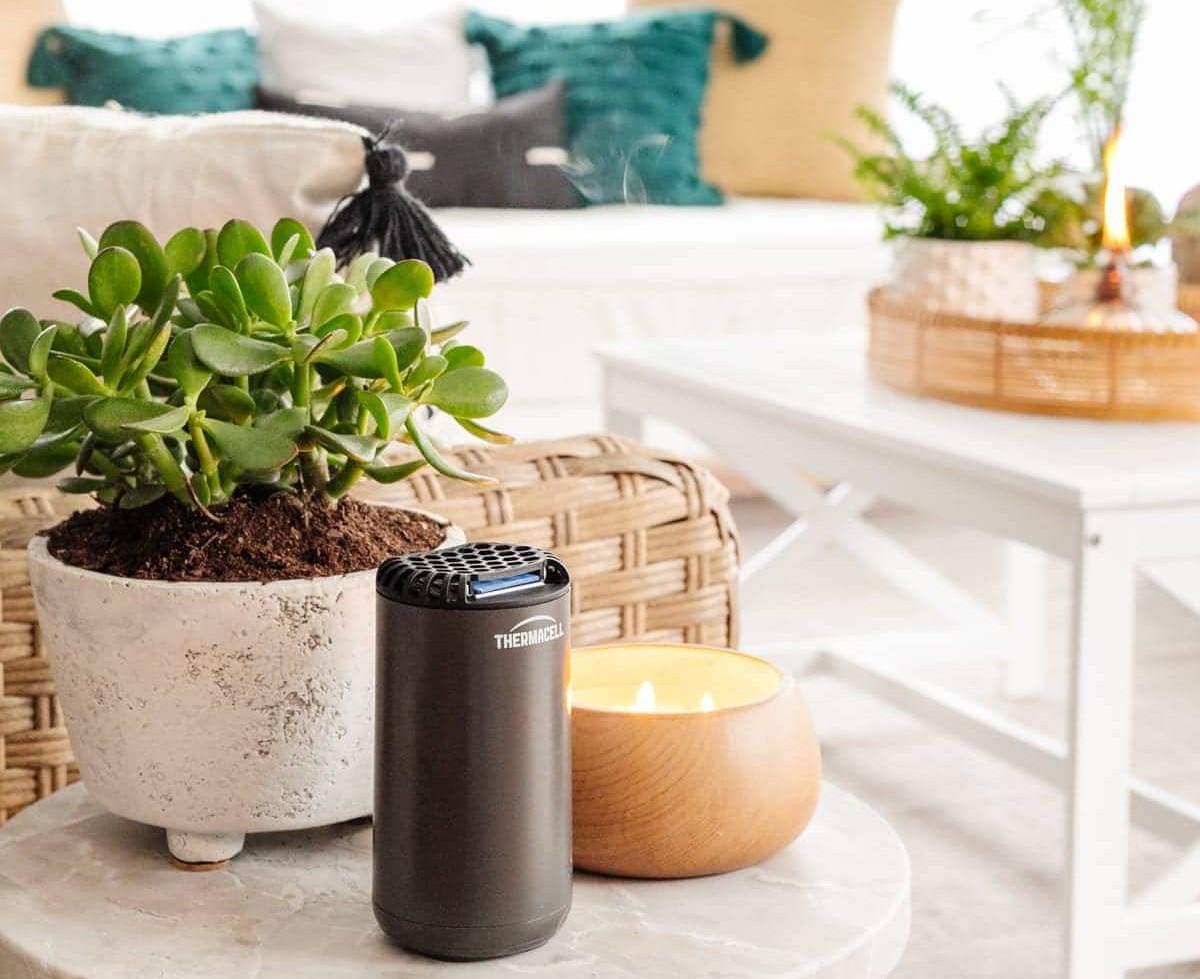
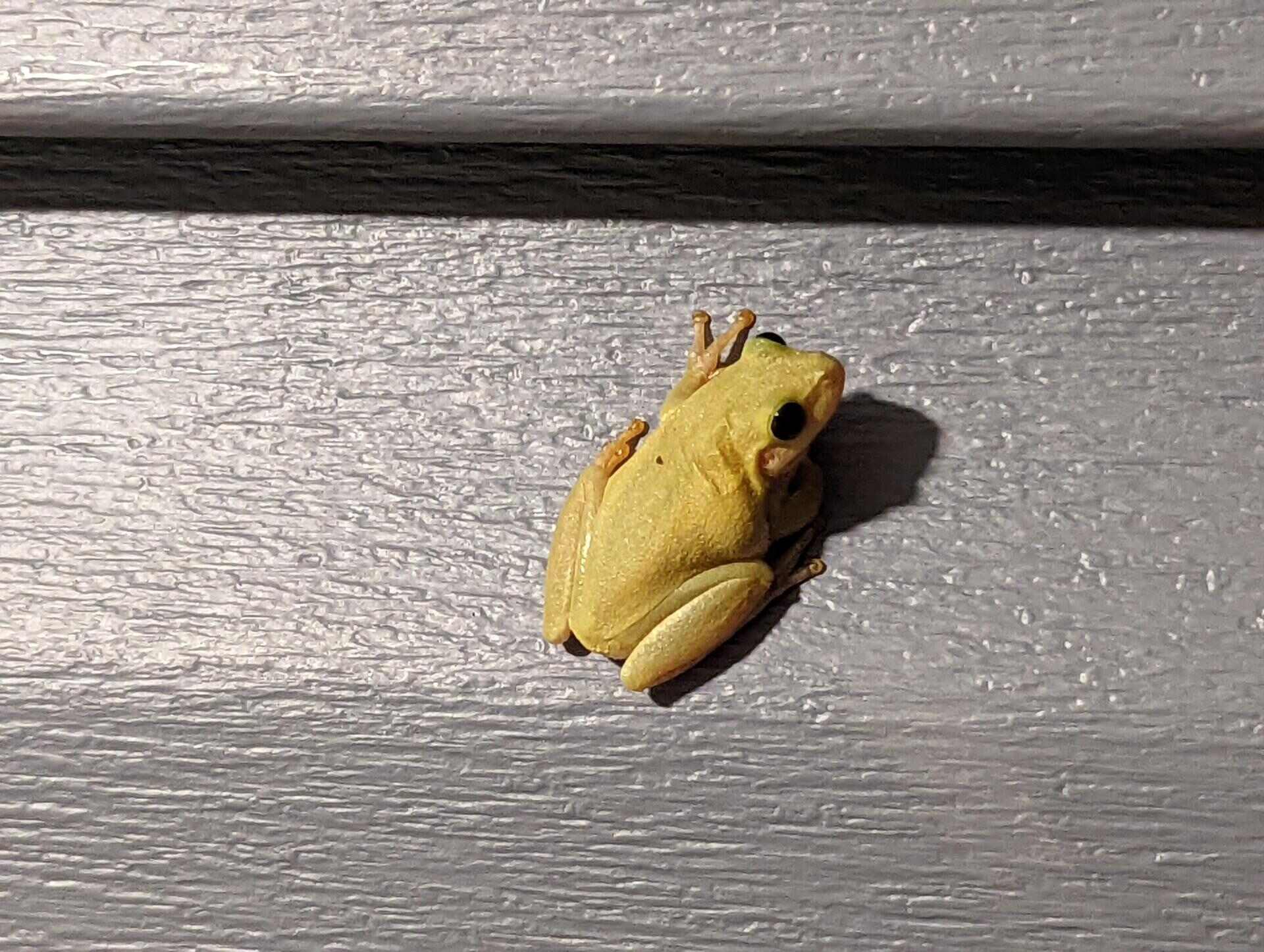


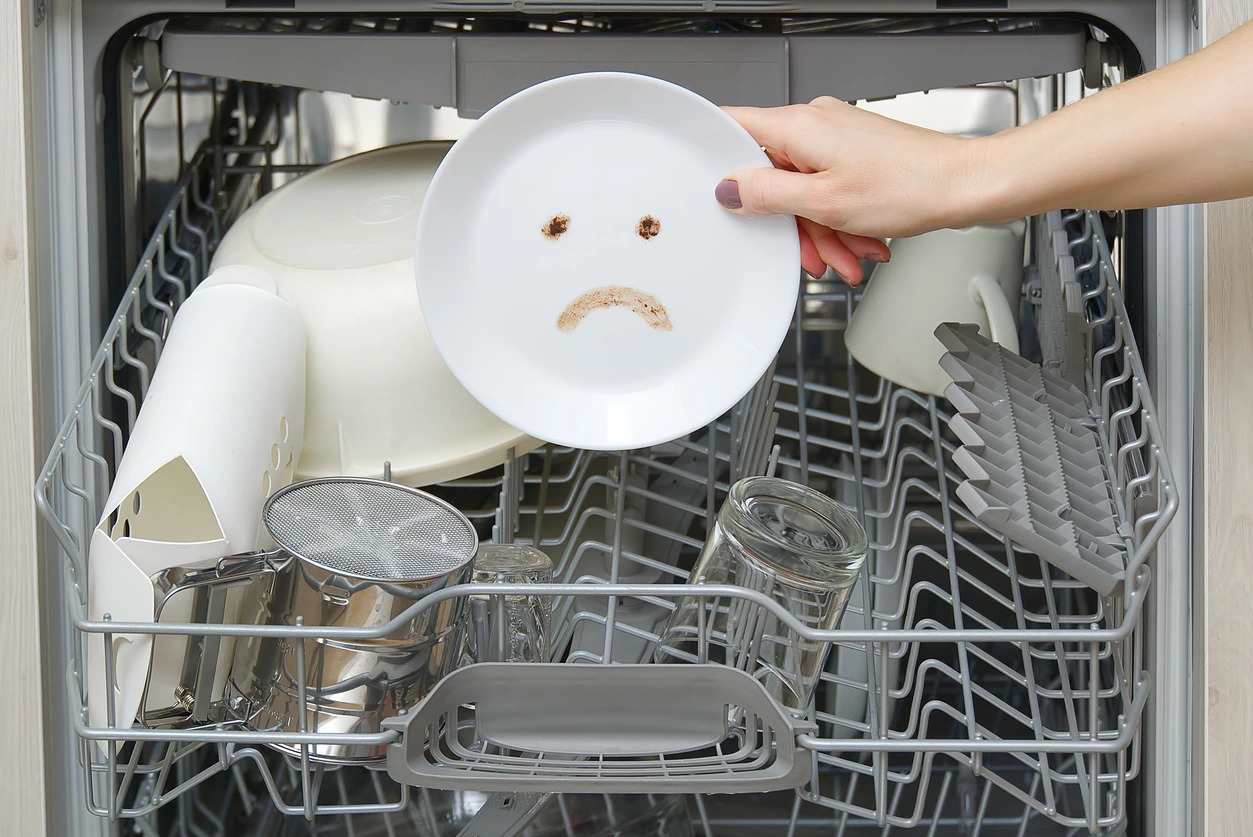

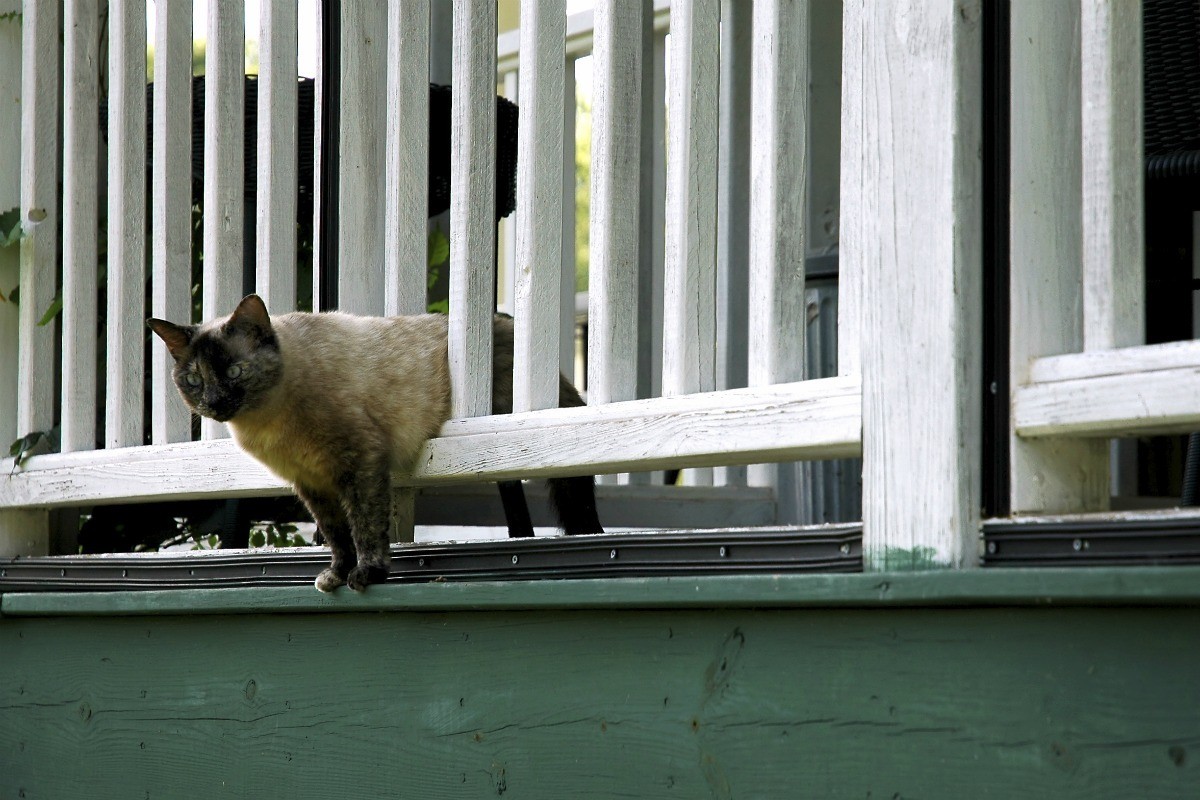

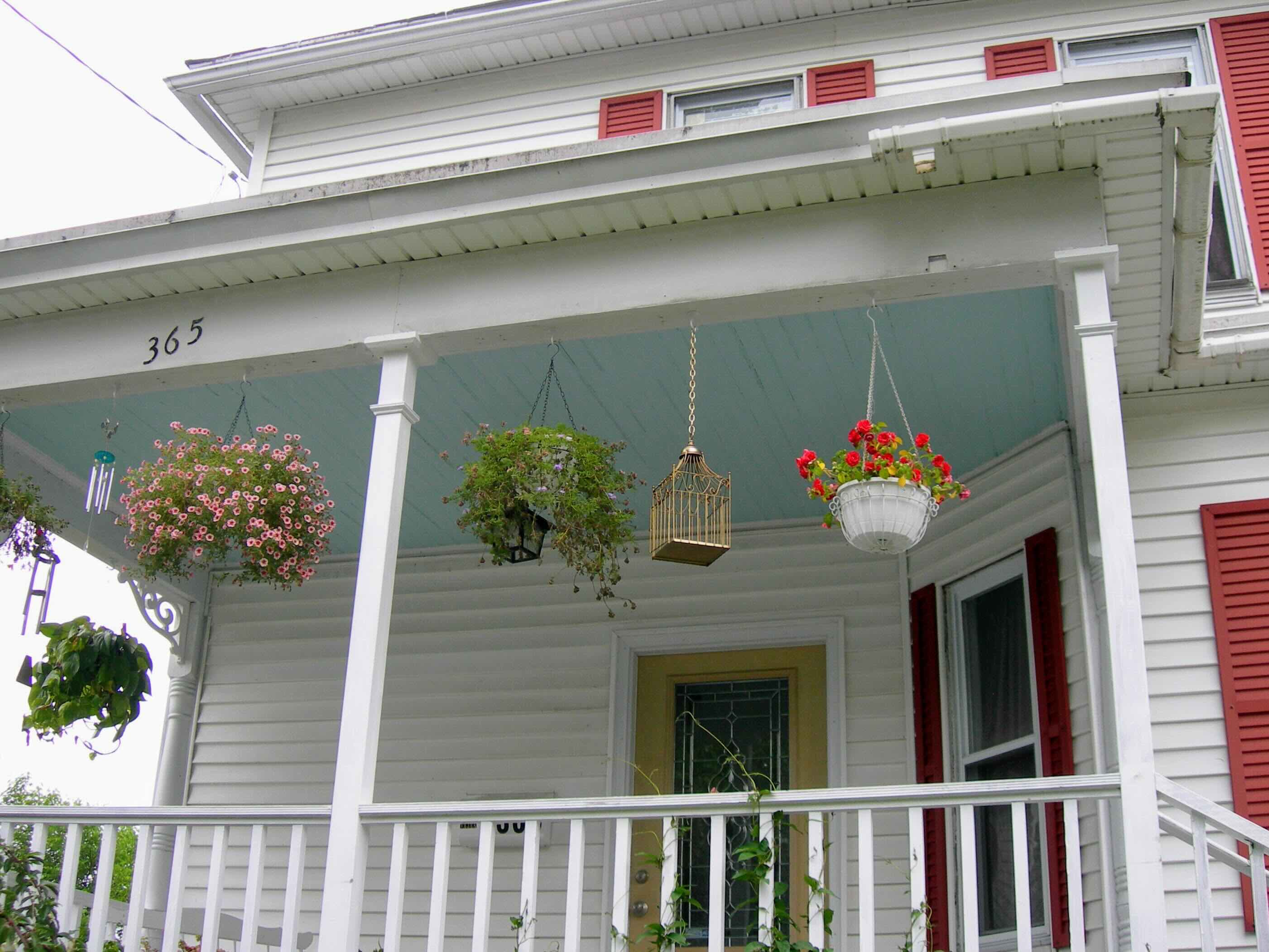

0 thoughts on “Why Are There Slugs On My Porch”